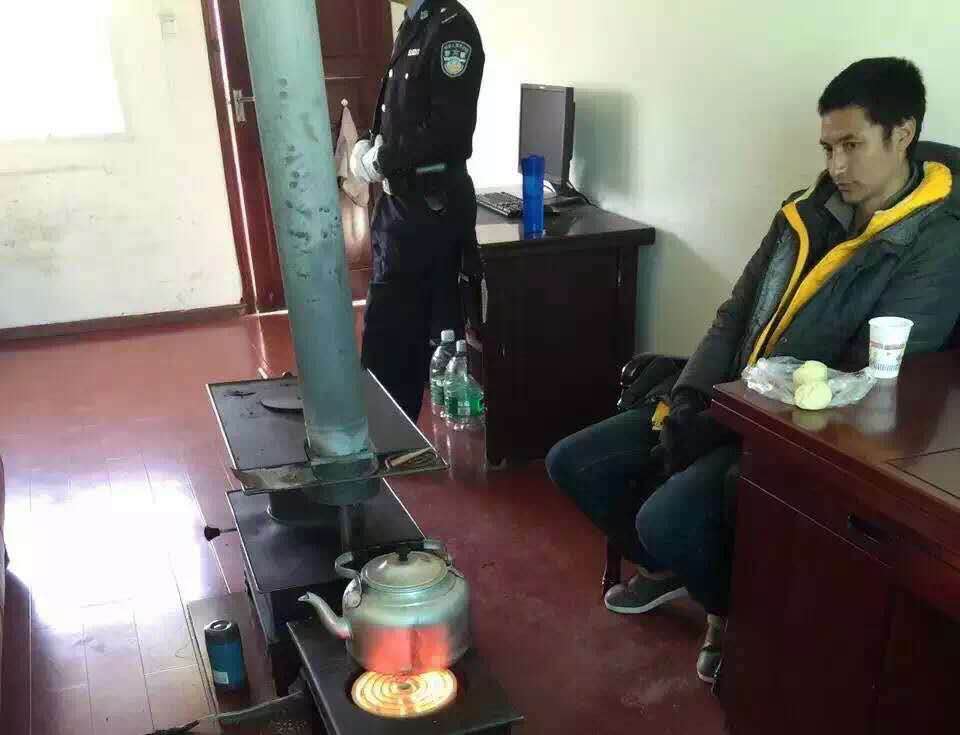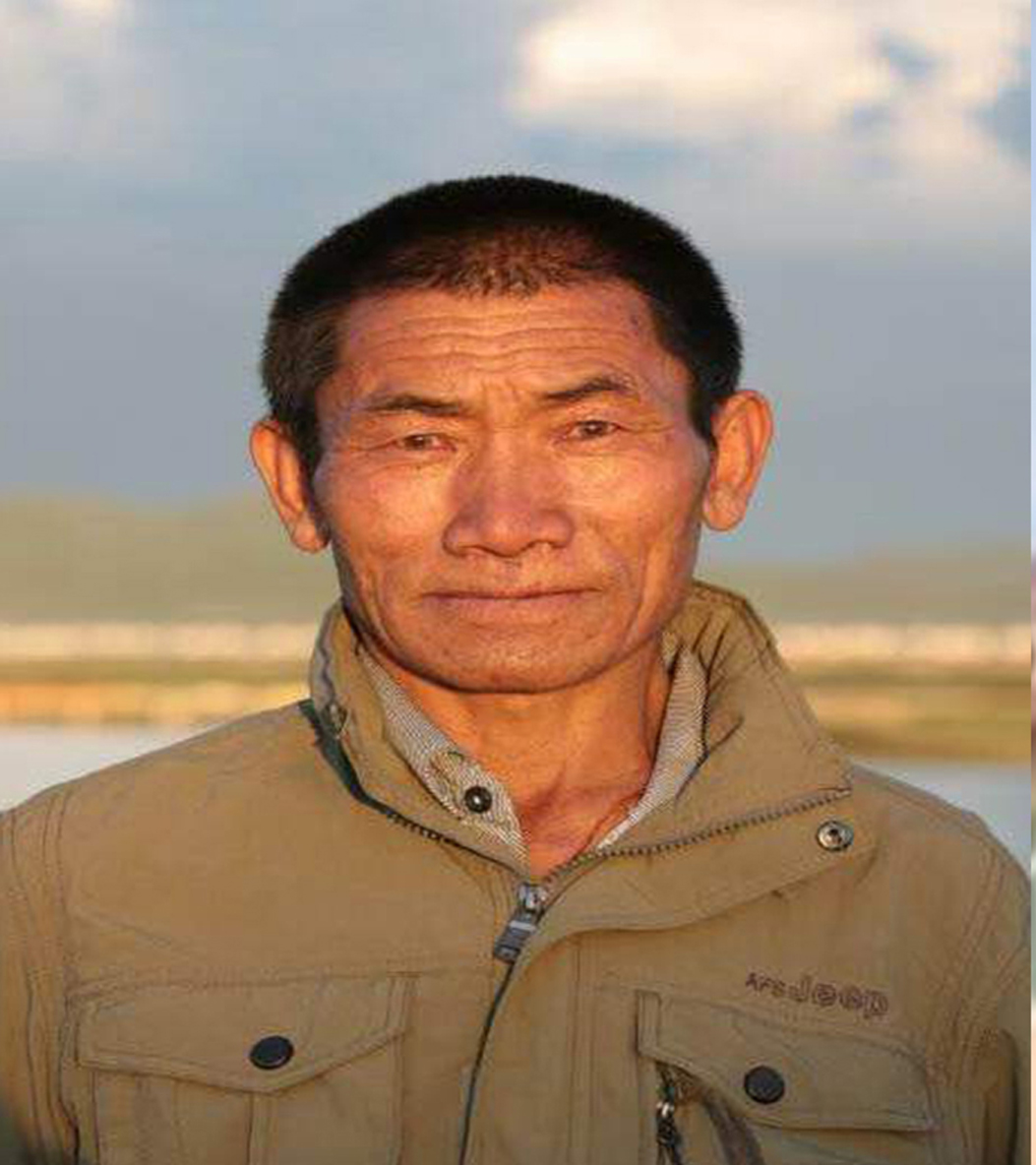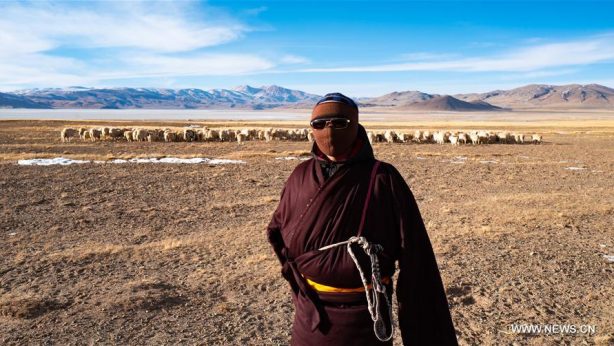Four Tibetan land rights petitioners given suspended sentence

Four Tibetan men have been given suspended jail sentences for petitioning against government confiscation of their land in Ka Bharma nomadic camp in Thangkor (Ch: Tangke) Township in Dzoege (Ch: Ruoergai) County, Ngaba (Ch: Aba) Tibetan and Qiang Autonomous Prefecture, Sichuan Province. The four Tibetans are identified as Phurkho, Rinchen Dorjee (aka Rindo), Jigjey Kyab and Kirti Yeshi.
On 11 April 2016, the Dzoege County People’s Court sentenced Jigjey Kyab to three years while Rindo, Phurkho and Kirti Yeshi were each sentenced to two years. All four of them were charged of “picking quarrels and provoking troubles” (Ch: xunxin zishi/寻衅滋事), a charge that has been used frequently by Chinese authorities to silence and intimidate human rights activists, lawyers and petitioners. All four of them were not allowed to hire lawyers to defend themselves. In accordance with the law on suspended jail sentence, the court added six months each to their sentence terms. All four of them have to serve their sentences on probation, under the surveillance of local authorities particularly the police.

Rinchen Dorjee was 63 when he was detained on 14 October 2015 while Jigjey Kyab was 39 at the time of his detention on 22 September 2015. The respective ages of Phurkho and Kirti Yeshi who were also detained on 22 September 2015 remain unknown. Kirti Yeshi, a lung patient, was released briefly but was later arrested. At the time, other Tibetans were also detained but were released except for the four who were given suspended sentence. On 31 March 2016, after months of detention, the four were summoned secretly to Dzoege County People’s Court for a trial that concluded with no verdict. Again on 11 April, the Dzoege County People’s Court held a show trial where all four were given varying terms of suspended sentence.

In 2010, the local Chinese authorities in Thangkor Township confiscated around 400 acres of land and houses of 20 families in the name of building environmentally friendly rural areas titled, “Transforming Towns into Green”. There are about 300 households in Ka Bharma nomadic camp. Far from using the confiscated land for environmental protection projects, it later became clear that it was a calculated move by local authorities in collusion with private businesses for commercial gains. Since then, local Tibetans have petitioned to the relevant authorities at the town, county, prefecture and province level, urging for the return of confiscated lands or for provision of adequate compensation. The local Chinese authorities gave no consideration to repeated petitioning from local Tibetans. In turn, local Tibetan petitioners were detained, beaten up and tortured, and the above-mentioned four Tibetans were sentenced.

